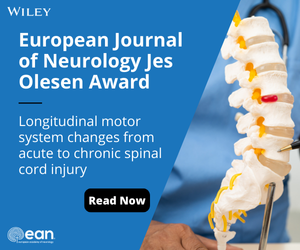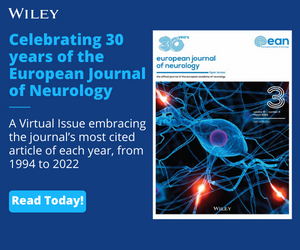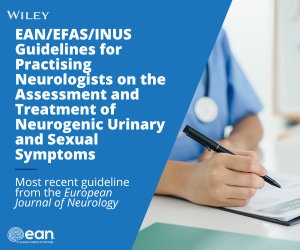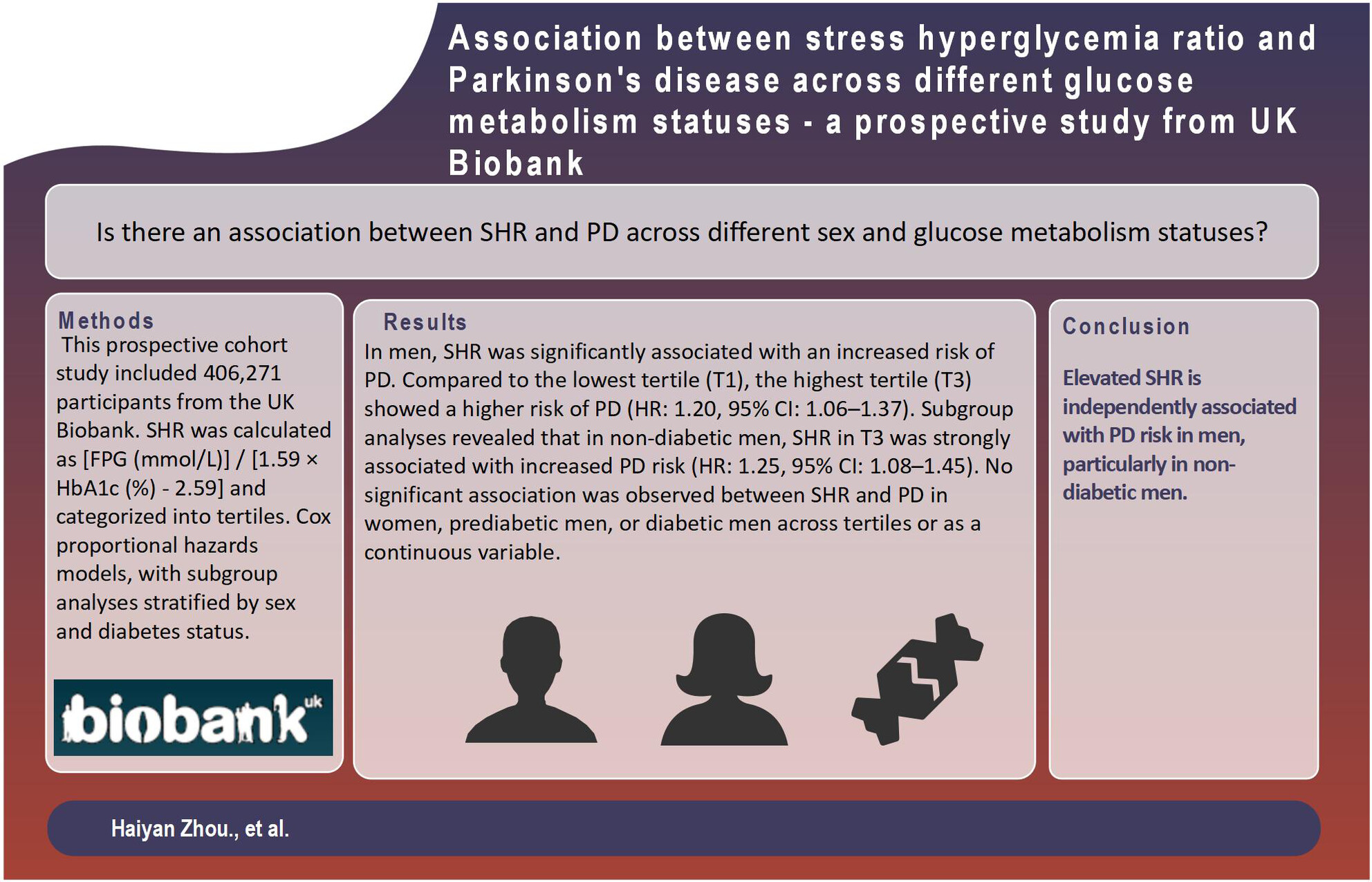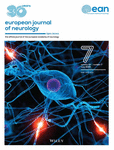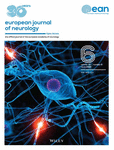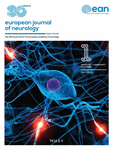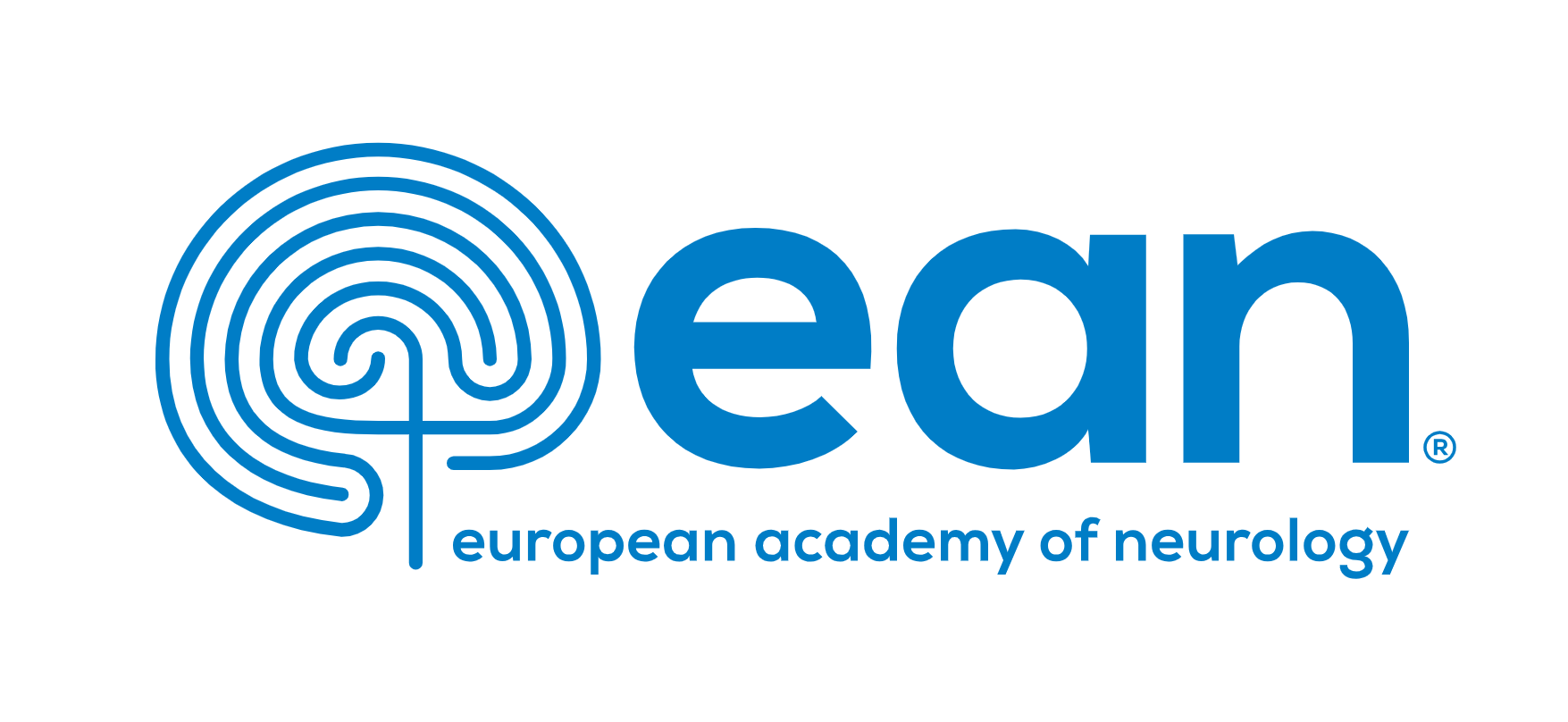Edited By: Claudia Sommer
The European Journal of Neurology is the official journal of the European Academy of Neurology and covers all areas of clinical and basic research in neurology, including pre-clinical research of immediate translational value for new potential treatments. Emphasis is placed on major diseases of large clinical and socio-economic importance (dementia, stroke, epilepsy, headache, multiple sclerosis, movement disorders, and infectious diseases).
Journal Metrics
- 8.9CiteScore
- 3.9Journal Impact Factor
- 15%Acceptance rate
- 8 days Submission to first decision
Reasons to Publish with Us:
- Author Guidelines support a seamless submission process with transparent and timely peer review.
- Increase your chance of being published through our Refer & Transfer program for unaccepted manuscripts.
- Publish in the official EAN journal with double-digit annual growth in submissions and readership.
- Get your paper into 14,000+ institutions globally for positive impact on your field.
- A top-ranked neurology journal adding value via guideline publication, special issues and videocasts.
The European Journal of Neurology is also seeking submissions on brain health/protective neurology or aspects of health economics (if they report on data from Europe (WHO definition) or offer a comparison with European data); additionally welcoming Clinical Trial manuscripts. Review our Author Guidelines and submit your manuscript.
Publishing Open Access? Your Open Access fees may be covered. Check now.
Articles
Influence of the Gut Microbiota on Acute Ischemic Stroke Functional Outcomes at Three Months
- 21 July 2025
Graphical Abstract
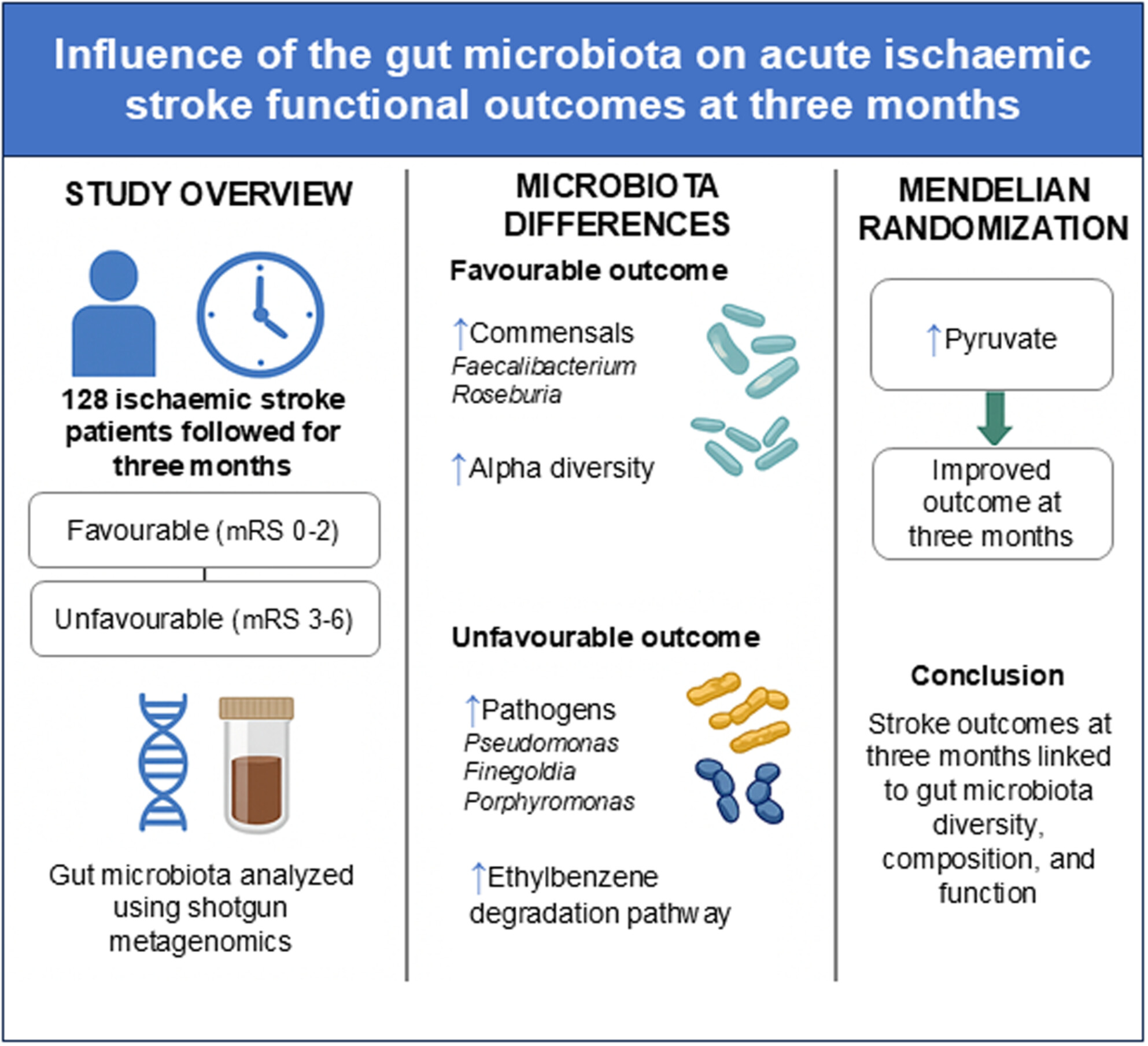
Gut microbiota diversity, composition, and function are associated with ischemic stroke recovery outcomes at three months. Patients with favorable outcomes had greater microbial diversity and enrichment of beneficial commensals, while unfavorable outcomes were linked to increased pathogens and altered microbial pathways.
Letter to the Editor: “Long-Term Persistent Headache After SARS-CoV-2 Infection: A Follow-Up Population-Based Study”
- 18 July 2025
Reply to: “Before Coming to the Conclusion That Inclusion Body Myositis Is a Risk Factor for a Heart Attack, All Influencing Factors Must Be Taken Into Account”
- 17 July 2025
Before Coming to the Conclusion That Inclusion Body Myositis Is a Risk Factor for a Heart Attack, All Influencing Factors Must Be Taken Into Account
- 17 July 2025
Association Between Stress Hyperglycemia Ratio and Parkinson's Disease Across Different Glucose Metabolism Statuses—A Prospective Study From UK Biobank
- 16 July 2025
The following is a list of the most cited articles based on citations published in the last three years, according to CrossRef.
Parkinson disease
- 27-42
- 20 October 2019
European Academy of Neurology/Peripheral Nerve Society guideline on diagnosis and treatment of chronic inflammatory demyelinating polyradiculoneuropathy: Report of a joint Task Force—Second revision
- European Journal of Neurology
- 3556-3583
- 30 July 2021
European Academy of Neurology/Peripheral Nerve Society Guideline on diagnosis and treatment of Guillain–Barré syndrome
- European Journal of Neurology
- 3646-3674
- 10 October 2023
Guillain-Barré syndrome: a comprehensive review
- European Journal of Neurology
- 30 May 2024
Amyotrophic lateral sclerosis: a clinical review
- European Journal of Neurology
- 1918-1929
- 11 June 2020
Huntington's disease: a clinical review
- European Journal of Neurology
- 24-34
- 17 August 2017
European Academy of Neurology (EAN) guideline on the management of amyotrophic lateral sclerosis in collaboration with European Reference Network for Neuromuscular Diseases (ERN EURO-NMD)
- European Journal of Neurology
- 12 March 2024
European Academy of Neurology guidelines on the treatment of cluster headache
- European Journal of Neurology
- 2955-2979
- 28 July 2023
Survival, causes of death and recurrence up to 3 years after stroke: A population‐based study
- European Journal of Neurology
- 4060-4068
- 30 July 2021
Graphical Abstract
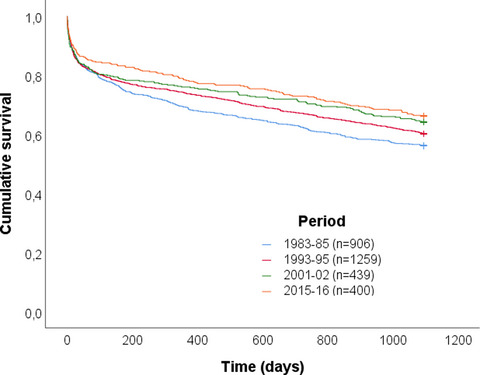
Population-based 3-year stroke survival, causes of death and recurrence are presented, along with survival comparisons over three decades. Changes of the pathological mechanism of stroke were common upon recurrence. Survival rates have improved over the last three decades but the improvement rate may be slowing down.




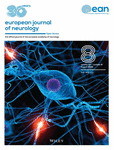

_500 × 250 px (1).png)
